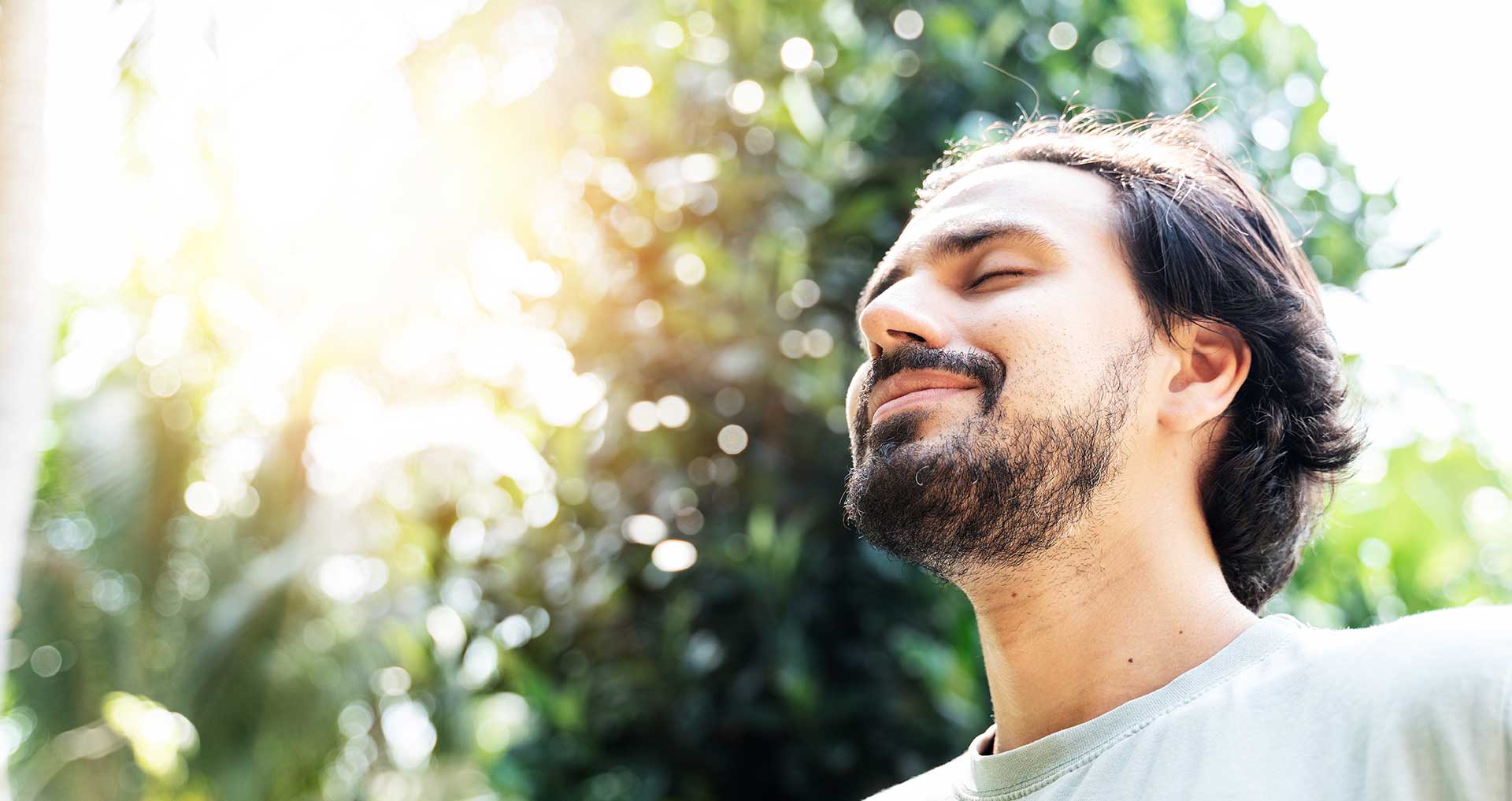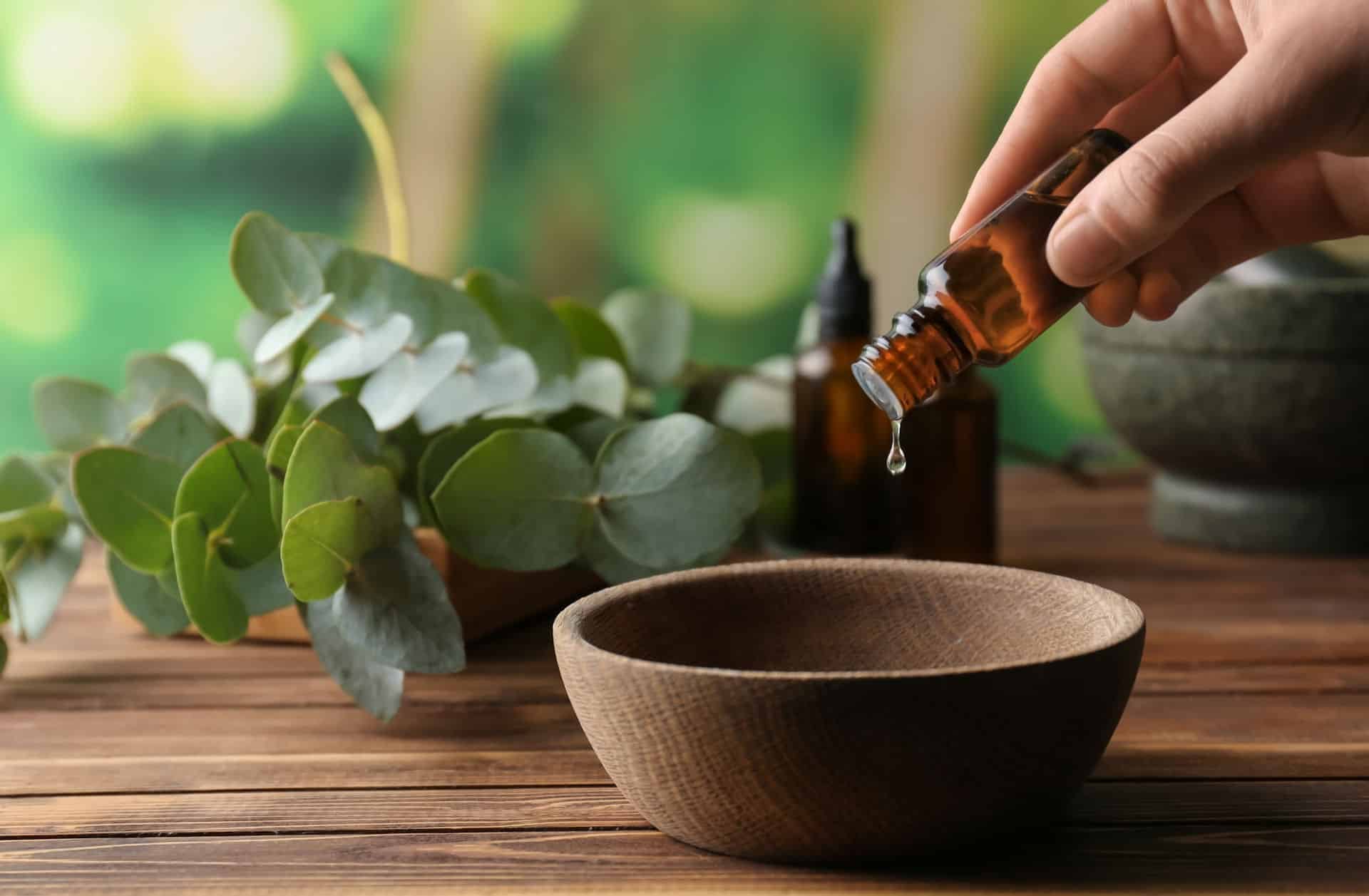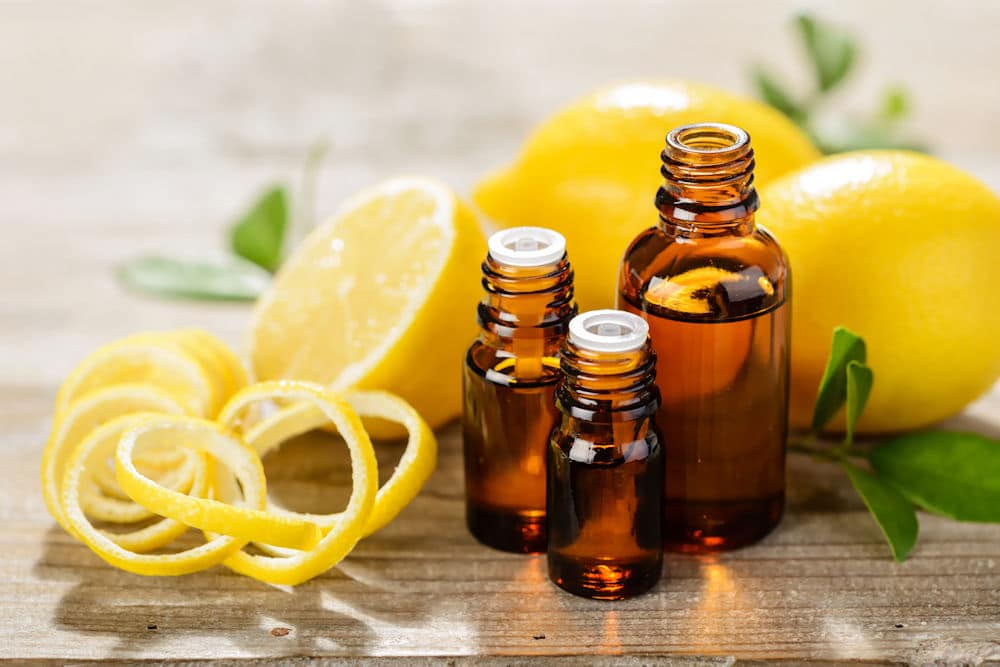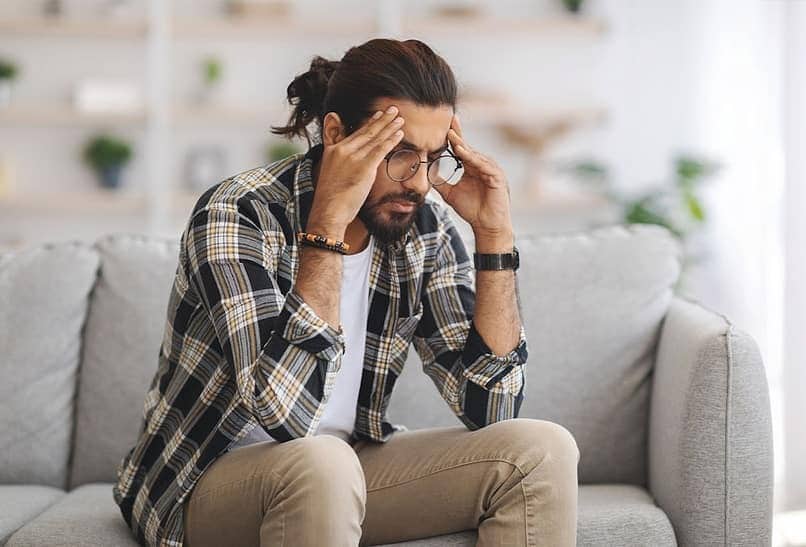In the journey of addiction recovery, the path is often challenging and intense. It’s important to learn how to fully relax and restore yourself in a real way, without leaning on addictive substances to help you. Many people use essential oils as part of aromatherapy, or the practice of soothing oneself with scents.
There isn’t enough research on how essential oils help the body heal from ailments (if at all), but many people attribute personal healing (at least psychologically) to using essential oils. Individuals who are working to overcome substance abuse can use essential oils as part of an overall addiction recovery plan. It’s possible to discover new relaxing rituals using oils, or even just one more tool for achieving mental clarity. At Eagle Creek Ranch Recovery in Nampa and Boise, Idaho, our men’s rehab utilizes different types of holistic therapy (such as aromatherapy) to help support the detox process and healing the whole body from substance abuse.
Introduction to Aromatherapy
Aromatherapy is a holistic therapy that utilizes essential oils (made from highly concentrated plant extracts) to promote physical, emotional, and mental well-being. Essential oils can be used in various ways, including inhalation, topical application (with a carrier oil), or adding a few drops to bath water, help soothe the body during the recovery process. The use of essential oils, such as lavender oil, rosemary oil, and lemon essential oil, may have a positive impact on addiction recovery. They can help with reducing stress levels, promoting relaxation, and improving mood. Many essential oils, including roman chamomile oil and bergamot essential oils, can help reduce anxiety and promote restful sleep.
When using essential oils, it is essential to use a carrier oil to dilute the oil and prevent skin irritations. A few drops of essential oil can be added to a carrier oil, such as coconut oil or jojoba oil, to create a safe and effective treatment. Essential oils, such as ginger oil and peppermint oil, can be used to promote relaxation, reduce stress levels, and improve mental clarity. The benefits of aromatherapy are numerous, and it can be used to support overall well-being, reduce negative emotions, and promote healing.
10 Essential Oils for Addiction Recovery
There are plenty of oils that can be used as a part of addiction treatment. If someone has a favorite scent, finding an essential oil that has the same scent profile may have many benefits for stress management. But it’s important to know that essential oils are not medical tools, and they should not be used to treat physical ailments or mental illness symptoms. They are a holistic tool that can be used to support other treatments as part of an overall addiction treatment plan.
Essential oils that can be used for addiction treatment include:
- Rosemary oil
- Grapefruit oil
- Frankincense oil
- Ylang ylang oil
- Lavender oil
- Bergamot oil
- Basil oil
- Chamomile oil
- Clove oil
- Peppermint oil
- Eucalyptus oil
- Sweet orange oil
- Lemongrass oil
- Tea tree oil
It is essential to make sure that any essential oils used to support recovery are of good quality and pure. To determine this, smelling the oil, checking what’s on the label, or look for testing results for the company (when available). It’s important to be aware that essential oils are often bottled with other additives (or other oils entirely) before being bottled to make the oil company more money. If there’s doubt about whether it’s safe to use an essential oil to support an addiction recovery regiment, consult with a medical professional first. They may also be able to help you locate oils with a lower risk of allergic reaction, if that is a concern.
How to Use Essential Oils for Addiction Recovery?
Essential oils have been used for their therapeutic qualities for generations. They may help improve mental clarity when paired with an appropriate carrier oil during treatment. However, the healing power of essential oils lies mostly in self-care rituals and personal preferences a person may have regarding them.
Popular essential oils like lavender, chamomile, and ylang ylang can be used to create soothing scents and even promote healthy sleep. Combining these with massage therapy can help create a uniquely calming experience that leaves a person extra refreshed.
Many people create crafts that feature essential oil, such as candles, bath supplies, necklaces made from natural materials that contain the scent of an essential oil. A self-made accessory that features fragrance oils can be an easy reminder of your journey, and a potential source of calm when a person’s feeling overwhelmed. They may also feel empowered when creating tools for their own self-care, and may discover a new hobby.
Citrus oils, like lemon and grapefruit essential oils, create refreshing scents that can promote feelings of wellness during stressful times. For someone suffering from depression or an anxiety disorder, essential oils can be a natural tool for grounding during times of high emotionality. Lavender essential oil has a relaxing effect to most people, which can help with stress relief and promote peaceful sleep.
Integrating Essential Oils with Holistic Approaches
Essential oils can be used to complement and create a more encompassing strategy for addiction recovery when blended with other treatments such as meditation, physical exercise, and yoga. A combination of evidence-based treatments and holistic therapies can provide benefits that help in healing the entire person from addiction.

The recovery process from addiction can be improved with the help of meditation/yoga practices. These practices not only help to heal the body from the physical effects of addiction but can also promote grounding and self-soothing via healthy means. Essential oils such as chamomile, frankincense, or lavender may help set the mood for these practices. Breathing in a cleansing scent can help a person fully immerse in the moment, or “step away” from daily life more fully so they can focus on their own well-being.
Using essential oils as part of a physical exercise regimen has the potential to be highly beneficial in addiction recovery. If someone doesn’t like the scent of products like deodorant, essential oils can be used to DIY natural substitutes. Post-workout aromatherapy may help someone transition to relaxing and promote general well-being.
It is important to tailor your aromatherapy regimen according to the purpose and unique needs of recovery. For instance, if you are trying to cope with alcohol withdrawal symptoms, peppermint, lemon, ginger, and bergamot essential oils may create a refreshing atmosphere that invigorates you. Frankincense, bergamot orange, and chamomile essential oils might create a fresh and uplifting mood through their characteristic sets. If you associate a particular essential oil’s scent with a person, place, or period of time, diffusing it in the air or dabbing some on your wrists may provide support when thinking about hard memories.
Not all essential oils provide the same effectiveness due to their different qualities, different compositions, strengths, and whatever relationship the person may have to their particular scent. It’s important to do personal research on what the best essential oils may be if you’re looking to incorporate it into a holistic healing treatment plan.
Overcome Addiction at Eagle Creek Ranch Recovery in Idaho
Essential oils can work as a positive tool during addiction recovery, either as a soothing aromatherapy tool, a key part of creative hobbies, or even as part of new self-care rituals. By being judicious with selection and use, these natural substances can be blended or combined with other holistic approaches like yoga, meditation, or physical exercise. It all comes down to the individual and how these tools can best help them in their journey.
At Eagle Creek Ranch Recovery, we offer individualized treatment plans that integrate holistic elements for addiction recovery. We have seen the positive results that natural approaches can bring to recovering addicts, and we believe in the use of such holistic therapies as part of a comprehensive plan towards successful sobriety.
Are you or a loved one looking for relief from addiction? Are you looking for a safe and secure environment for detox? We here at Eagle Creek are here to help, no matter what stage of recovery you’re at today. Contact us today to learn more about how we can support you on your path to a better life.

Clinical Director
Kendall Maloof is the clinical director at Eagle Creek Ranch Recovery. She is a licensed marriage and family therapist and has held multiple leadership roles before settling here at Eagle Creek Ranch Recovery. Kendall received her master’s degree in marriage and family therapy from the Chicago School of Professional Psychology in 2016. Her career in mental and behavioral health began in 2014 when she took up internships in both the nonprofit and for profit sectors. She interned at multiple reputable companies, such as The Living Success Center and 449 Recovery in California.
In 2019, Kendall became the clinical director of Sunsets Recovery for Woman, a dual diagnosis program in southern California. Kendall is a natural leader. She has an incredible ability to problem solve and stay calm in any situation. Kendall never fails to show up when she is needed, and her calm demeanor makes her team and clients feel at ease. Eagle Creek Ranch Recovery is proud to have Kendall as our clinical director.





